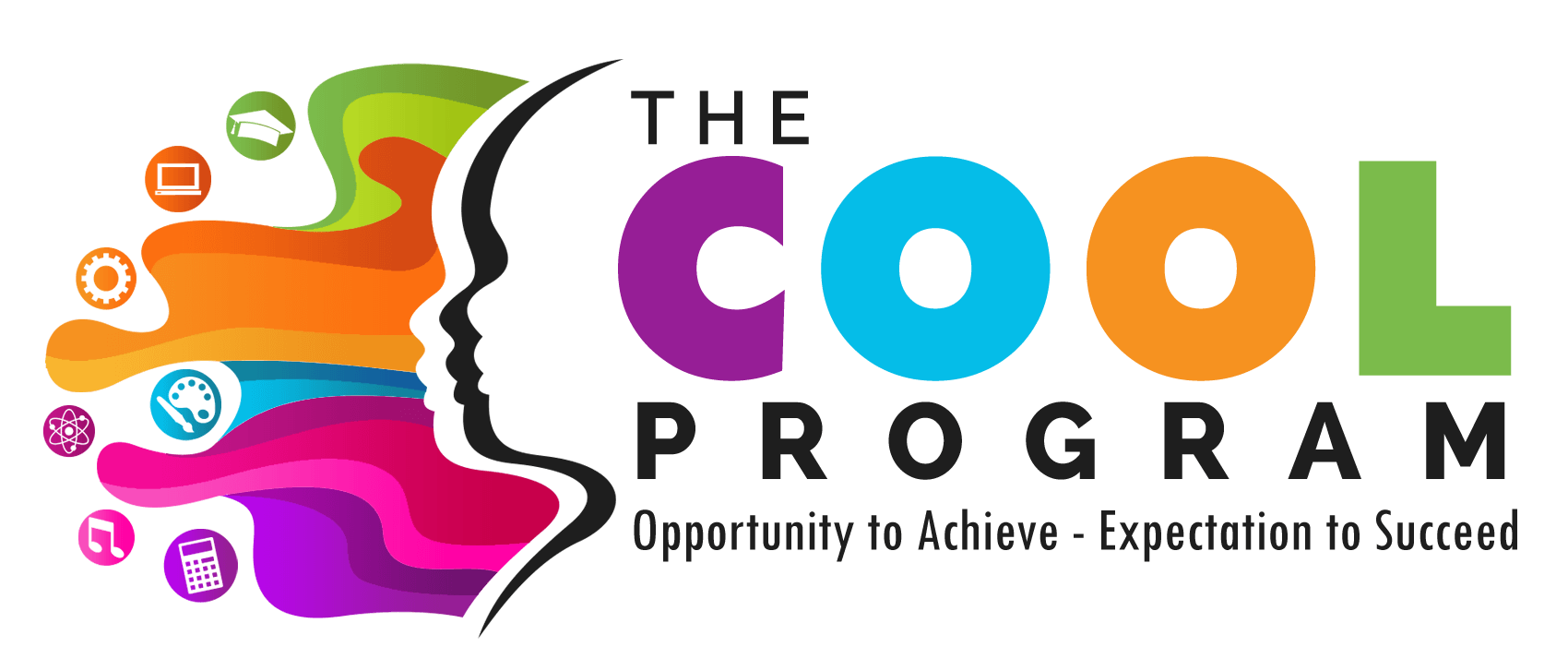The COOL Program Counseling Services, LLC. offers a range of services for families, adolescents, and children that include evaluations, individual and family therapy, and academic supports. Families can address a range of issues, including crisis situations, in individual or family therapy sessions.
The COOL Program Counseling Services, LLC. provides children and adolescents with the opportunity to explore a wide range of developmental issues. Our youngest clients learn to utilize skills that can improve their in home and academic functioning to include communication, impulse control, anger management, and other skills needed to improve behaviors. The COOL Program ensures that consumers gain the necessary skills to have healthy peer, community, academic, and family relationships. Adolescents utilize therapy to address challenges with self-esteem, peer relationships, school and academic difficulties, depression, and anxiety as well as strained and dysfunctional family relationships.
The COOL Program Counseling Services, LLC. understands that the family is a unit and all parties play an intricate part in its functioning. In order to address any needs, parents and children are seen together in counseling to strengthen bonds, improve communication, and develop more effective problem-solving strategies. Contemporary families are faced with a myriad of stressors, including financial uncertainties, academic and developmental struggles, and communication breakdowns. Family therapy can help family members find more productive ways to interact and reestablish collaborative relationships.
Parenting is one of the most challenging and potentially rewarding roles for many adults, and we actively engage parents in their child’s counseling experience. Parents are the crucial first step in developing a comprehensive individualized treatment plan for each child. Parents participate in treatment through regular communication and meetings with their child’s counselor. Through this dialogue, parents learn about typical development as well as how to recognize and address the specific needs of their own children.
